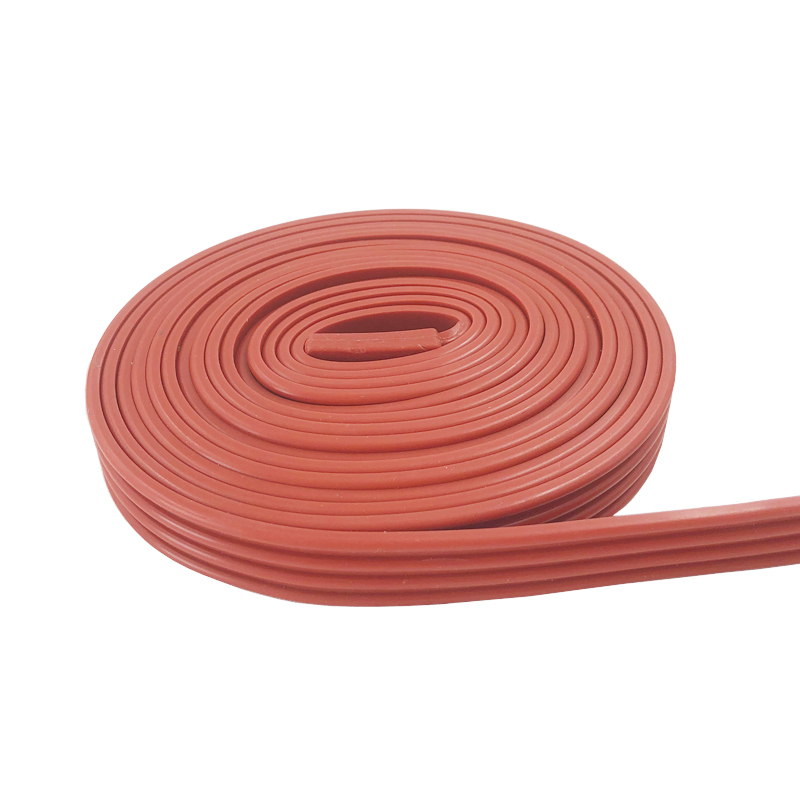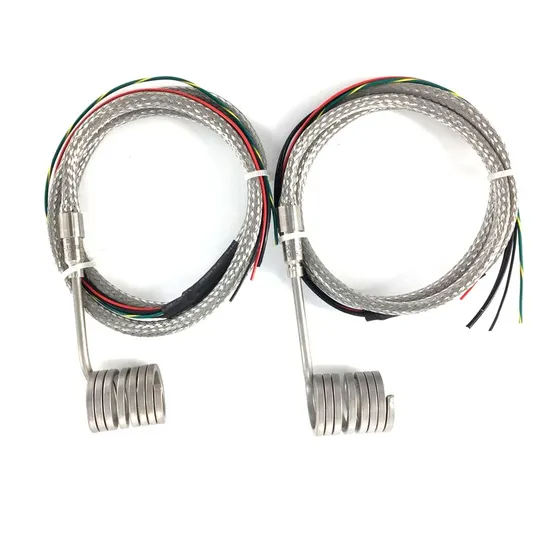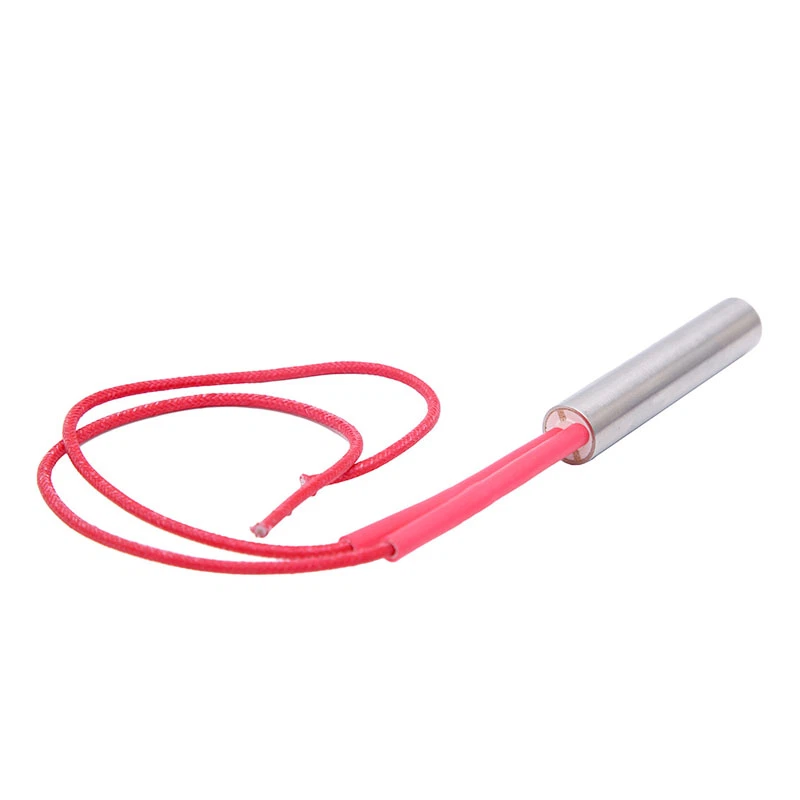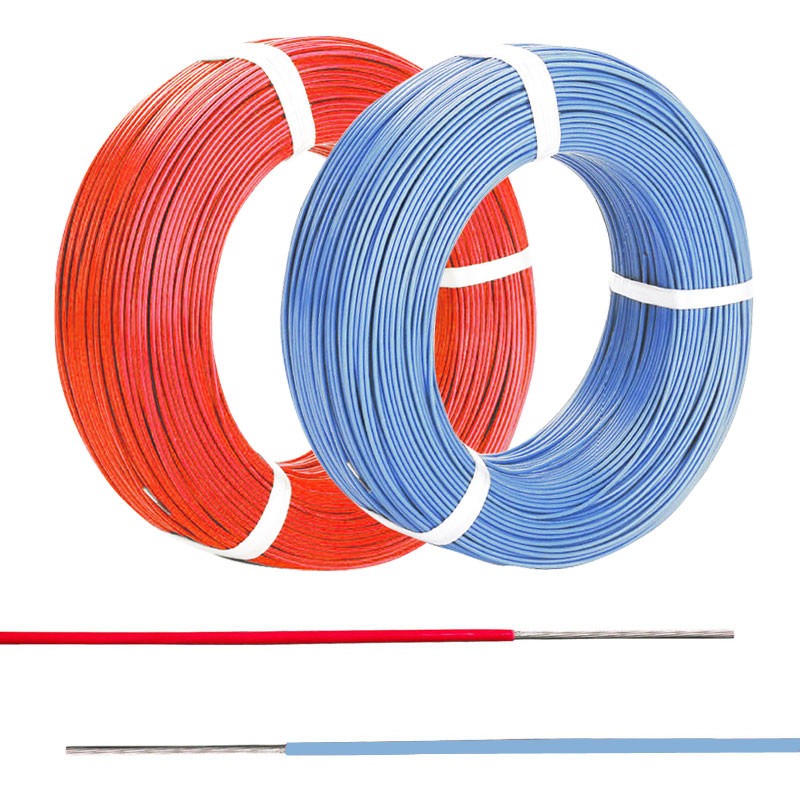Are you tired of dealing with inconsistent temperature control in your 3D printing process? Do you struggle with hot-ends that take forever to heat up or cool down? Look no further!
In this article, we’ll explore the benefits, types, and applications of cartridge heaters for 3D printers.
What is a Cartridge Heater?
A cartridge heater is a heating element designed specifically for 3D printing applications. It’s a self-contained unit that consists of a heating coil, insulation, and a thermally conductive material, all housed within a compact cartridge. This design allows for efficient heat transfer, precise temperature control, and fast heating and cooling times.
Benefits of Cartridge Heaters for 3D Printers
Improved Temperature Control
Cartridge heaters offer superior temperature control compared to traditional heating elements. With a cartridge heater, you can achieve precise temperature settings and maintain them consistently throughout printing.
Faster Heating and Cooling Times
Cartridge heaters can heat up and cool down quickly, reducing printing time and increasing productivity.
Increased Safety
The self-contained design of cartridge heaters eliminates the risk of electrical shock and reduces the risk of fires.
Compact Design
Cartridge heaters are designed to be compact, making them ideal for use in 3D printers with limited space.
Types of Cartridge Heaters for 3D Printers
Resistance Wire Cartridge Heaters
Resistance wire cartridge heaters generate heat using a resistive heating element. They’re suitable for applications that require high temperatures and are often used in extruders and hot-ends.
Ceramic Cartridge Heaters
Ceramic cartridge heaters generate heat using a ceramic heating element. They’re suitable for applications that require high temperatures and are often used in extruders and hot-ends.
PTC (Positive Temperature Coefficient) Cartridge Heaters
PTC cartridge heaters use a PTC heating element to generate heat. They’re suitable for applications that require precise temperature control and are often used in extruders and hot-ends.
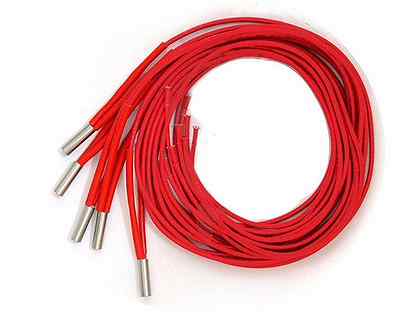
Applications of Cartridge Heaters for 3D Printers
Extruders
Cartridge heaters are commonly used in extruders to heat the filament to the optimal temperature for printing.
Hotends
Cartridge heaters are used in hot-ends to heat the nozzle to the optimal temperature for printing.
Print Bed
Cartridge heaters can heat the print bed to the optimal temperature for printing.
Chamber Heating
Cartridge heaters can heat the printing chamber to the optimal temperature for printing.
How to Choose the Right Cartridge Heater for Your 3D Printer
Consider the Temperature Range
Choose a cartridge heater that can achieve the desired temperature range for your printing application.
Consider the Power Consumption
Choose a cartridge heater that consumes the right amount of power for your printing application.
Consider the Size and Compatibility
Choose a cartridge heater that fits your 3D printer’s hotend or extruder and is compatible with your printing software.
Troubleshooting Common Issues with Cartridge Heaters for 3D Printers
Overheating
Check the temperature setting and adjust it accordingly. Ensure proper airflow and cooling around the cartridge heater.
Underheating
Check the power consumption and adjust it accordingly. Ensure proper insulation and thermal conductivity around the cartridge heater.
Noise and Vibration
Check the cartridge heater’s installation and ensure it’s properly secured. Check for any loose connections or worn-out components.
Conclusion
Cartridge heaters for 3D printers offer improved temperature control, faster heating and cooling times, increased safety, and compact design. By understanding the benefits, types, and applications of cartridge heaters, you can make an informed decision when choosing the right one for your 3D printing needs. Remember to consider the temperature range, power consumption, size, and compatibility when selecting a cartridge heater. With the right cartridge heater, you can achieve optimal printing results and take your 3D printing game to the next level.


